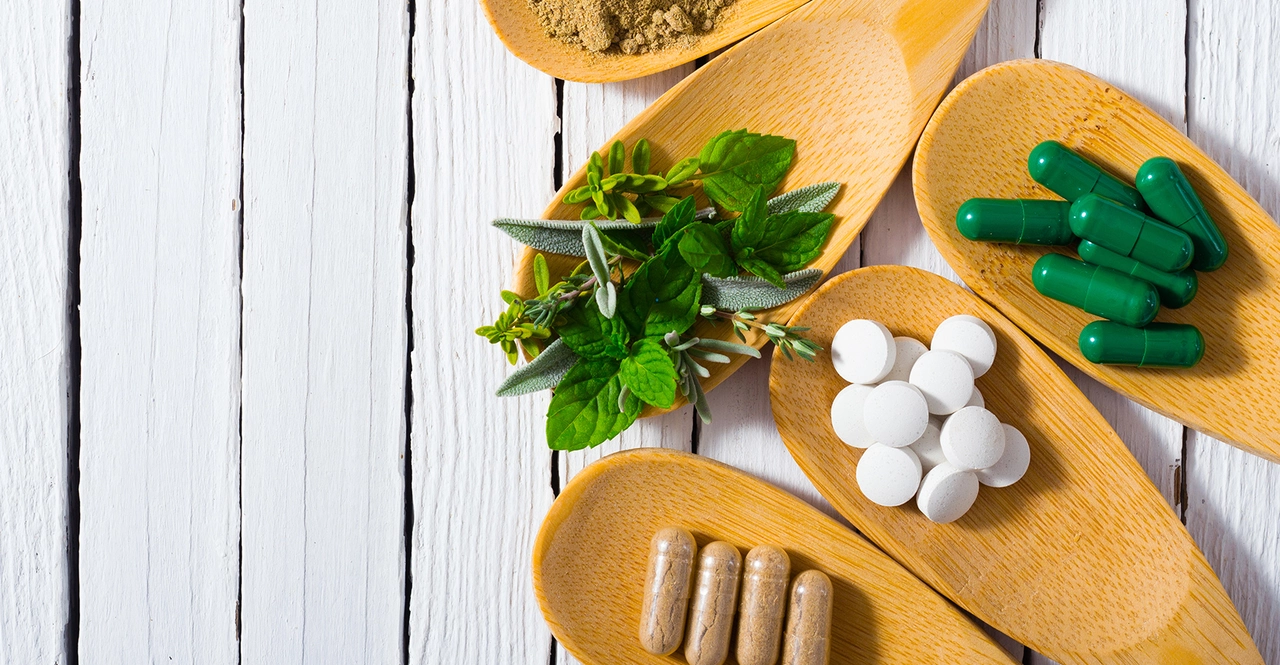Natural Remedy Guide: Safe, Practical Choices
Half of adults try a natural remedy at some point, but many pick products that don't work or can cause harm. This page helps you choose safe, evidence-backed options and avoid common mistakes.
I focus on simple fixes you can try at home, like herbal teas, supplements, topical treatments, and lifestyle changes. Use these only after checking interactions with prescription drugs and asking a healthcare pro when in doubt.
What Works — and What Doesn’t
Herbal options with decent human data include peppermint for IBS, ginger for nausea, and topical capsaicin for certain pains. Omega-3 supplements help heart health markers and fish oil shows consistent benefits in many trials. But common claims like miracle cures or quick weight loss rarely hold up.
How to use natural remedies safely
Start small and test one change at a time. Read labels for dose, purity, and added ingredients like fillers or extra herbs. If you take blood thinners, heart medicines, or psychiatric drugs, check interactions before trying supplements. For skin problems use patch tests and avoid strong essential oils undiluted.
Try peppermint tea after a heavy meal if you get bloated; sip slowly and avoid if you have acid reflux. For muscle soreness, apply topical arnica or a menthol gel and combine with light movement. If sleep is an issue, consider a small dose of melatonin or magnesium 30 minutes before bed. Use turmeric with black pepper for better absorption but keep doses moderate.
When to see a doctor: If symptoms are severe, get worse, or last more than a week, stop home remedies and consult a clinician. Also seek care if you have fever, sudden pain, bleeding, breathing trouble, or signs of allergic reaction.
Quick shopping tips: Buy standardized extracts when possible, look for third-party testing seals, and avoid mega-doses that promise fast fixes. Herbs can vary by brand so try small bottles first to check effect and tolerance.
Use natural remedies as tools, not miracles. When used sensibly they can ease symptoms and support health alongside medical care. If unsure, ask a pharmacist or your doctor for quick advice tailored to your meds and conditions.
Many people think 'natural' means safe; that's false. Plants make strong chemicals too. Quality matters: a poor batch may have contaminants or wrong herb concentration. Home remedies don't replace vaccines or antibiotics for serious infections. Keep children and pregnant people away from many supplements unless a clinician approves use.
Simple test plan: pick one low-risk remedy, set a clear short goal, track symptoms, and stop after seven days if no benefit. Keep a note of side effects like stomach upset, rash, or mood changes and report them to your clinician. If a supplement lists clinical studies, check the trial size and whether humans were tested—not just test tubes.
Trusted sources include PubMed summaries, government health sites, and registered dietitians. When shopping, prefer clear dosing labels, avoid proprietary blends, and keep receipts for any returns. Small smart steps beat risky experiments. Start today, be safe now.
Why Condurango is the Must-Have Dietary Supplement for a Healthier You
In my latest blog post, I've explored the incredible benefits of Condurango, a must-have dietary supplement for anyone seeking a healthier lifestyle. This amazing plant extract is known to aid in digestion, relieve inflammation, and even help fight cancer cells. Not only that, but it has been traditionally used to treat various skin conditions and boost overall immunity. I highly recommend giving Condurango a try and experiencing its numerous health benefits for yourself. Don't miss out on this fantastic addition to your daily wellness routine!

